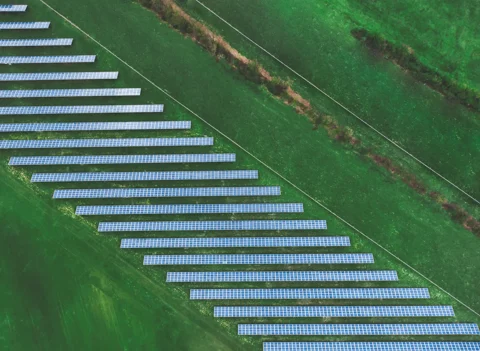APG has sold the South Korean utility KEPCO. Despite our strong objections, the company continued to plan for new coal-fired power plants. In 2020, APG sold its stake in eight companies because they had plans for new or larger coal-fired power plants.
APG decided to sell its stake in Korean Electricity Power Company (KEPCO) after the company gave the green light to the construction of new coal-fired power plants in Indonesia and Vietnam. In line with the sustainable ambitions and goals of its pension fund clients, APG strongly opposed this plan. Companies need to stop planning new coal-fired power stations and to develop a strategy to greatly reduce greenhouse gas (GHG) emissions.
Sustainability specialist Yoo-Kyung (YK) Park of APG Asset Management says it is 'disappointing' that KEPCO has not canceled its expansion plans. ‘The decision on the new coal-fired power plants was a litmus test for the company’s commitment to the Paris Agreement and join global efforts to combat climate change. The construction of these coal-fired power plants deepens the climate crisis and worsens the company's profitability in the long run'.
Pulling out all the stops
On behalf of its pension fund clients, APG usually first engages with companies that have plans for new coal-fired power stations. That’s also what happened at KEPCO. YK: ‘We pulled out all the stops to change the company’s mind. We wrote letters to management, increased the pressure in the media and worked together with civic organizations. Because 51% of KEPCO is owned by the Korean government, we also liaised with other investors to approach the government on its responsibility. Unfortunately, that didn’t work out’.
Coal accounts for 38% (Netherlands 9%) of electricity generated worldwide. Burning coal leads to relatively high GHG-emissions, in particular CO2. The vast majority of coal-fired power stations are located in Asia. The growing economies in the region are making extensive use of coal-fired power plants to meet their increasing need for electricity. In the US and Europe, the importance of coal-fired electricity is declining sharply.



